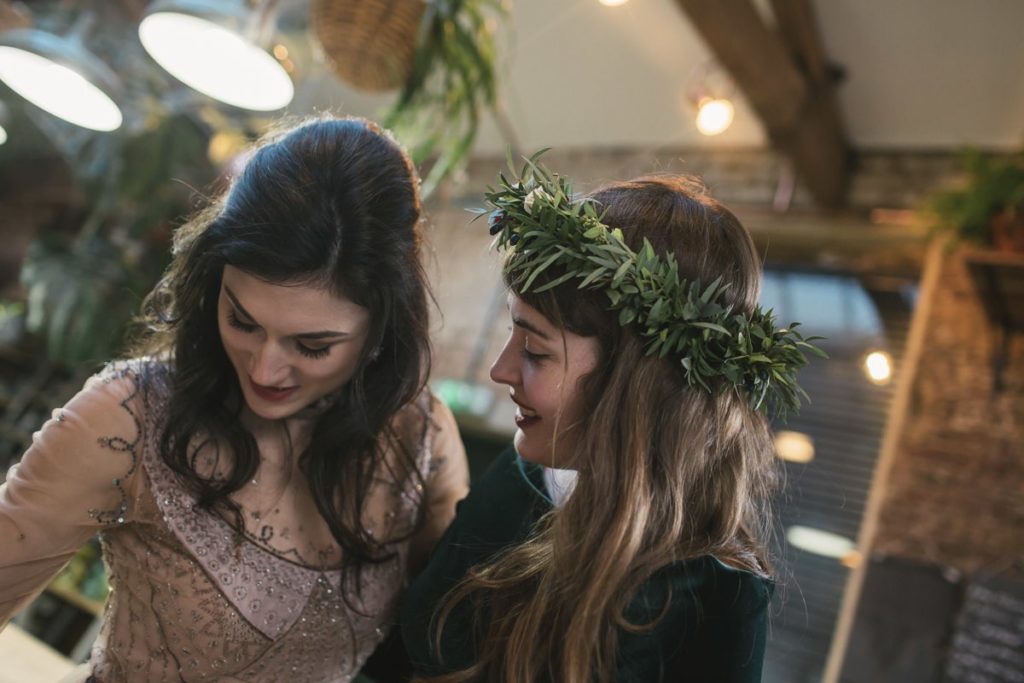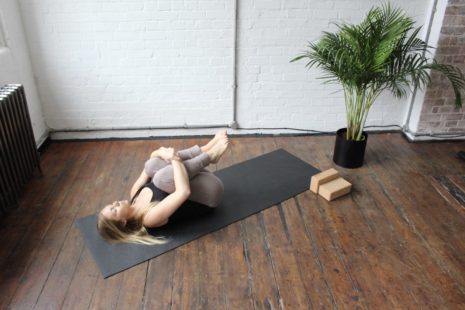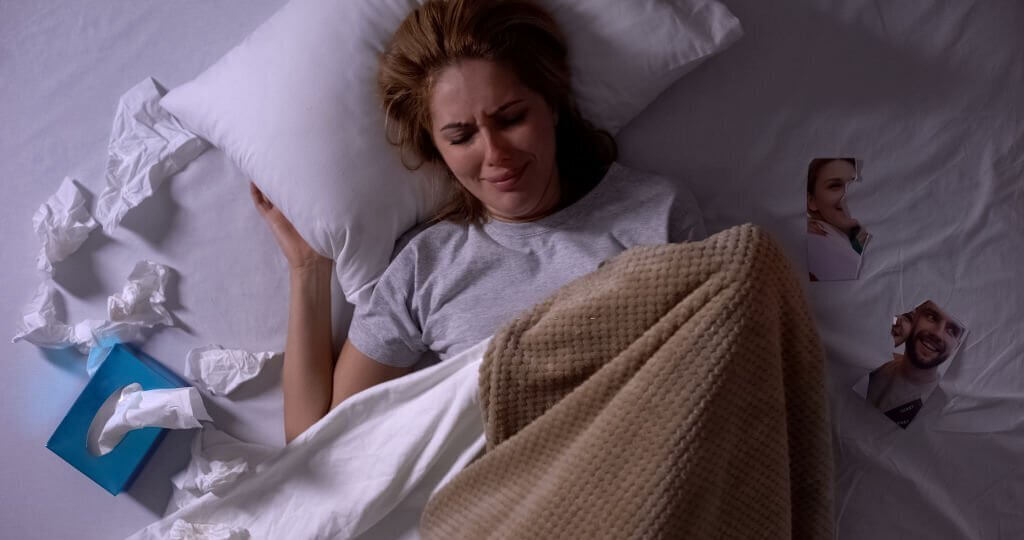Whether you’re an author going though writer’s block, or a creative struggling for your next big idea, it might be time to call upon the powers of the tarot. And now there’s a literary consultancy to help you do just that. Co-founder Fiona got the idea when working on the books desk of The Times, and now she uses the tarot to interview authors about themselves and the way they write…
Do you consider yourself a psychic?
It might reassure you (or disappoint you) to know that I do not consider myself to be a psychic. You do not need to be psychic to read tarot cards — hopefully doesn’t make the experience of getting a reading any less interesting.
Say the words “tarot reader” to most people and they’ll conjure up an image in their mind of a fortune teller at a fairground. And until a couple of years ago, I probably would have thought the same.
The tarot has its roots as a card game in 14th-century Italy. Towards the 18th-century, it started to become more associated with the occult and it’s those associations that seem to have stuck with it. Today, it’s found a new life as one of the fastest-evolving spiritual practices around. Sales of tarot decks are at a 50-year high — it’s having a revival as an ever-increasing number of people are turning to the cards as an alternative method of self-reflection. And that’s how I use it: not as a way to tell you you’re about to meet a handsome stranger but as a way of interrogating why we think and act the way we do, and of being more mindful.
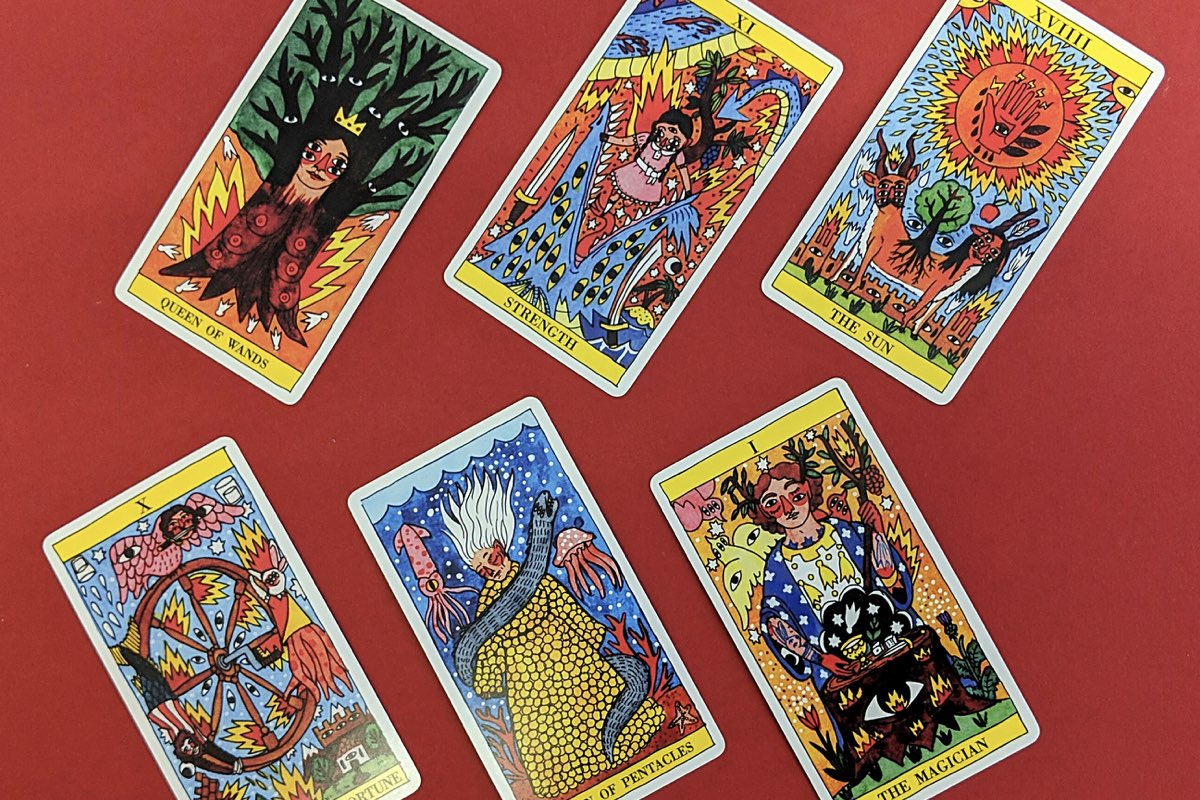
Tell us about your first experience with Tarot cards…
I began learning to read the cards a couple of years ago. At that point, I worked on the books desk of The Times. You might think that tarot reading and book reviewing has little in common but as I began to play around with the cards, I started to see some parallels between the two. They were both about narrative: beginning, middle, end; plot, character, action. Stories shape who we are. How have we understood something we’ve experienced and how do we tell ourselves and others about it?
Of course, when I first started reading the cards, it was for fun: I loved looking at the cards, because the imagery and symbolism on them is beautiful. At that point it was more as a party trick than as a career shift. Yet the more I learnt about the cards, and the more people I read for, the more I began to understand why so many find readings cathartic.
I’ve also found that it had creative as well as personal uses: I could also use it to talk to writers about their writing and the creative process. Not sure what’s going on with a character? Stuck on a plot twist? Let’s see what the cards have to say.
What is the thinking behind Litwitchure?
Litwitchure is a literary consultancy and cabaret run by Jennifer Cownie and I. Tarot has always held a special place with creative thinkers, especially writers, because the ideas behind the cards are all about archetypes of personalities and situations, and finding narrative threads amongst the chaos. The tarot has influenced writers from WB Yeats and TS Eliot to Charles Williams, one of the Inklings, Italo Calvino…the list goes on. And we thought, wouldn’t it be interesting if we used the tarot to interview authors about themselves and the way they write? Now we’re doing just that at festivals this summer but we’re also offering private readings, where we can talk about matters personal or creative.
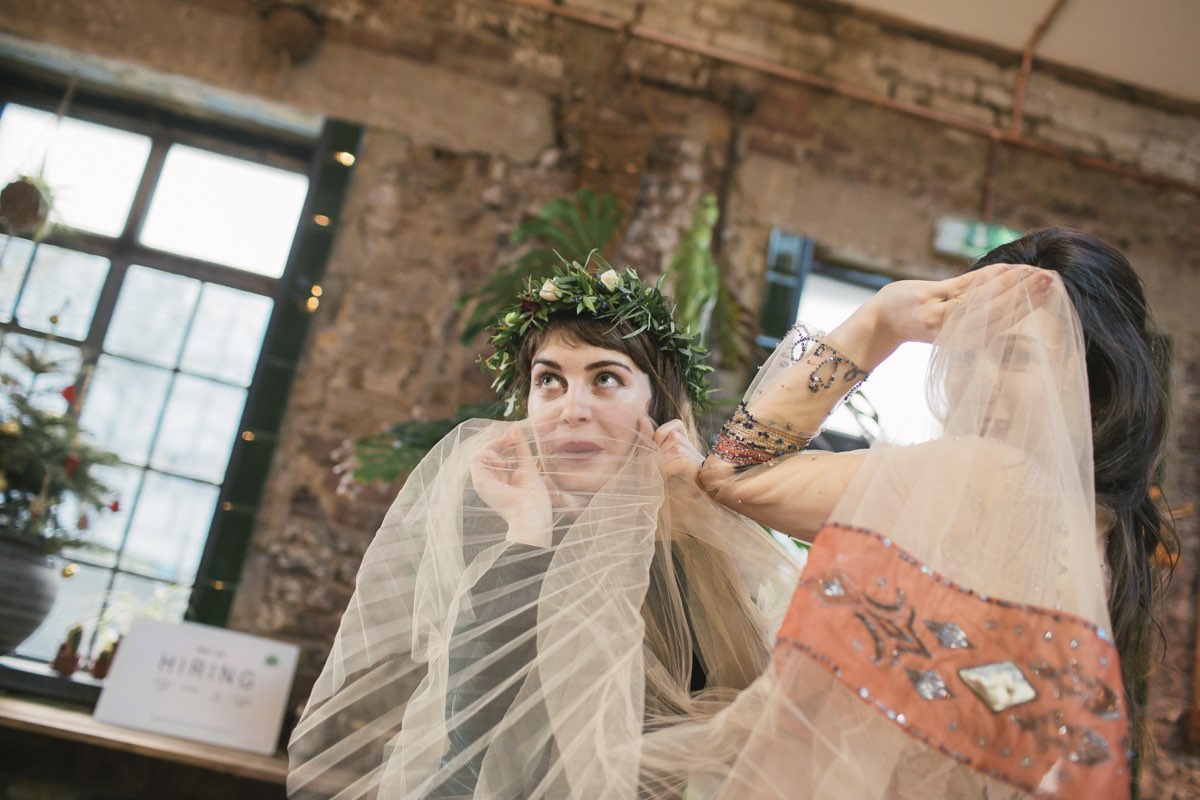
What can we expect to experience in one of your sessions?
If you haven’t had a reading before, this is how it works: my tarot deck – the standard-issue Rider-Waite-Smith deck – is made up of seventy-eight cards representing people, archetypes of personalities, situations and events. The Major Arcana symbolises the major characters and plots in our lives and the stages of psychological and spiritual growth we can all travel, if we choose. Then there is the Minor Arcana, which covers the subplots and the details.
There are four suits: cups, swords, coins and wands. Cups signify water and our emotions; swords are symbolised by the air and relate to matters of the mind; coins are an earth element and they relate to our worldly needs – food in the fridge, money in the bank; wands are fire and represent our energy, whether that’s our desire to begin new creative pursuits or start new projects.
When you draw the cards to give a reading, you arrange them in a spread. One popular spread is known as the celtic cross. The readings begin with the querent (the “one who seeks”) placing down a card on the table. This represents the situation they are facing. The next card describes what is crossing this situation. Other cards are arranged to tell you what’s been going on in your past or your unconscious to bring you to this point. Others suggest what will happen to you in the future, how the people around you are affecting your journey, your hopes and fears, and how the story might conclude. The reader’s job, as the cards are laid out, is to connect the dots. You’re not telling someone’s future; you’re simply using the cards to hold a mirror up for the querent to consider their actions.
When did you realise you were ready for a career change?
After years of dabbling with the tarot, I signed up for a tarot course at an occult bookstore in London with Jennifer, which taught us about the meanings of the cards and how to read them. At first, we read for friends — then we got creative with how we used the tarot and the word spread rapidly from there.
Everyone uses the tarot slightly differently: one of the most interesting things about tarot reading is that there is so much room for interpretation. When I’m reading for someone, I like to break down how the tarot works so they can understand why I’m saying what I am and what the images mean.
Your can read for yourself as well: reading the tarot can almost be mindful in that way. I spoke to a friend who also reads the cards about how she uses them. She told me that she wasn’t very good at reading her own mental state — she was always the last person to know when she was depressed. “There’s a saying that Irish people are impervious to therapy, and I think there’s some truth in that,” she told me. “Tarot helps me confront myself that way.”
I read for myself every morning: I hit snooze several times on my alarm clock, finally make a cup of coffee, shuffle the deck, draw a card and reflect on what I think it might mean to me. Sometimes it’s an opportunity to explore how I feel about an aspect of my life or how I’m confronting a difficult situation and sometimes it’s just completely melodramatic and OTT — like drawing Death after a heavy night out.
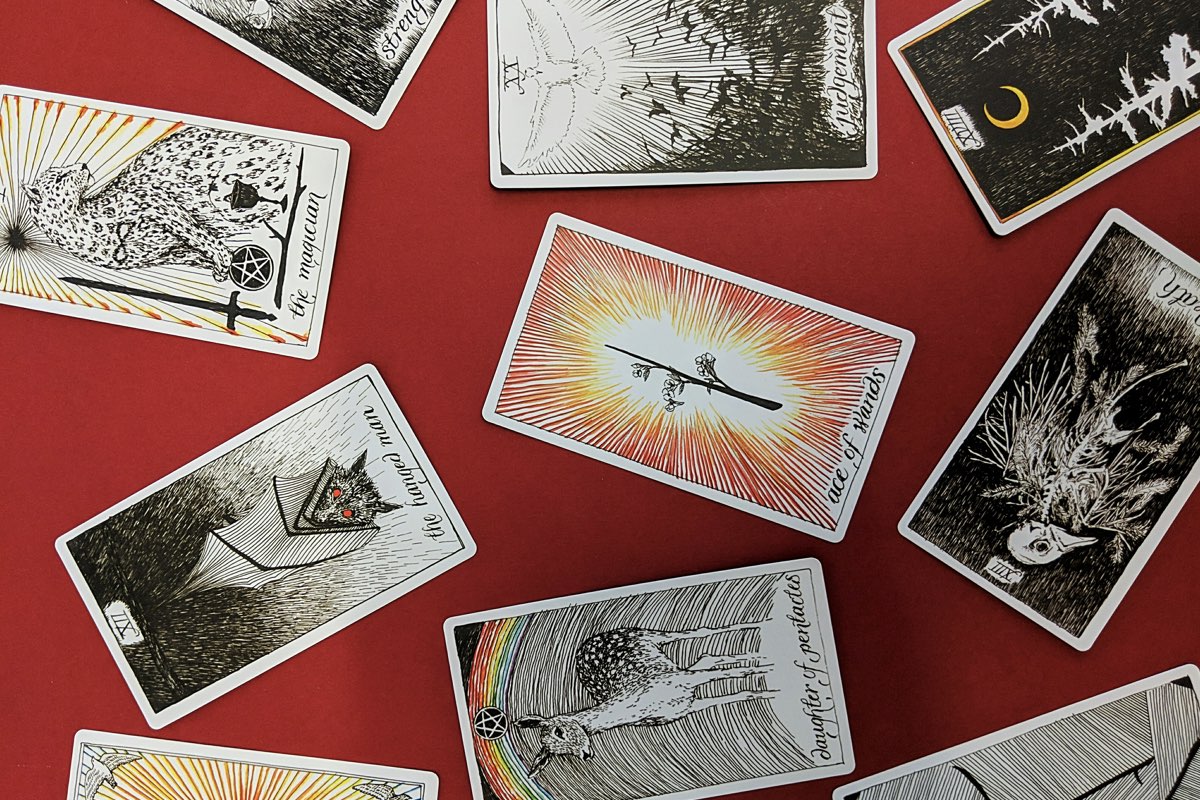
What about the day job?
Jennifer and I both still work full-time in our creative industries but now our evenings and weekends are filled with tarot readings and research as well. The more people we read for, the better our readings become.
What is your advice to someone considering a spiritual career move?
There is only so much you can learn on your own — find a teacher or a mentor whose style you like who can help you on your way. Treadwell’s bookstore in central London offers very good lectures and courses for those who want to find out more.
Londoners move at such a frenetic pace, what is your advice to them to promote balance?
Leave your phone at home and go walk in the woods.
Where can we experience Litwitchure in action?
We’re interviewing authors on stage at Port Eliot festival in Cornwall from July 27-29 and we’re running tarot workshops at End of the Road festival in Wiltshire from August 30th – September 2nd. Otherwise, you can catch us in London: contact [email protected] if you’re interested in us reading, talking or running a workshop at an event.
